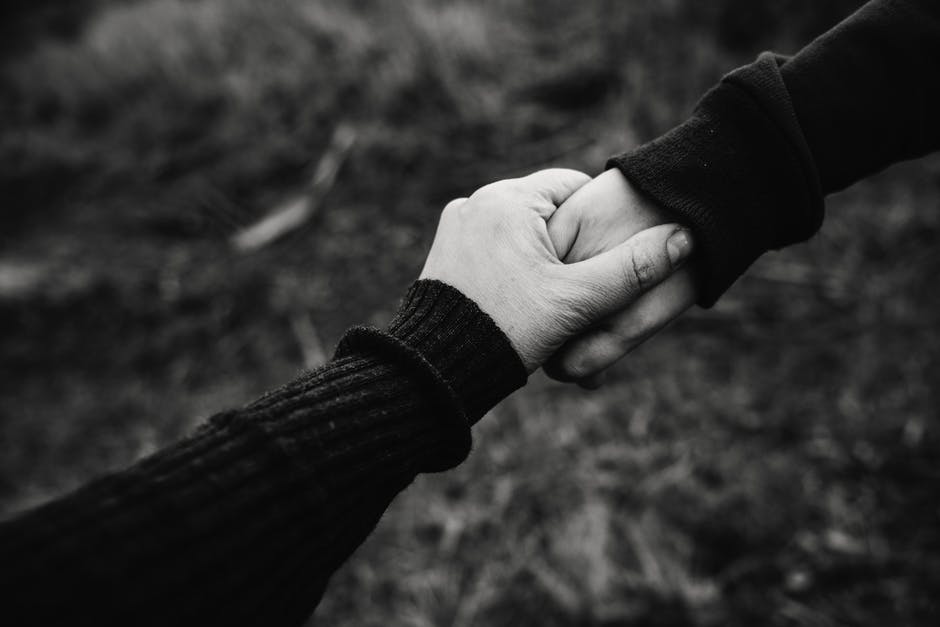From a young age, we are always encouraged to ‘ask for help’.
Help to tie our shoelaces.
Help to put our seat belt on.
Help with our homework.
Help to cross the road.
Help with the things that we weren’t born knowing how to do.
As we grow up, this encouragement is replaced by a sense of independence and a ‘you are old enough to know how to do that.’
So, it’s not surprising that when we get older, when it comes to asking for help for mental health issues or personal problems, the lines can become a bit blurry and somewhat confusing. When suffering from a mental illness there is already a lot of erratic and irrational thoughts plaguing the subconscious and it really is no wonder that the brain becomes a bit disorientated with how it should handle the whole situation.
WHEN SHOULD YOU ASK FOR HELP?
There are several distinctive thought patterns which are pretty good indicators that you are not going to win this battle alone and need to ask for help:
“I can deal with this myself.” This is a typical first response when things get tough but you need to stop and ask yourself: Why should I have to deal with this myself? There are people out there, friends, families, qualified medical professionals who can help you – and want to help you. Imagine if a friend or family member was struggling, you would want them to ask you for help and not suffer in silence.
“There are people out there worse off than me.” That may be true but it’s all relative to your individual situation and how you are personally handling it. There may not be anything ‘wrong’ happening in your life but this does not mean that everything is ‘right’ if you are struggling mentally.
“It’s just a phase.” You may have experienced a downward spiral for some reason and think it’s just a one-off. There may have been a death in the family or a relationship break-up but these events, if not addressed properly at the time, can lead to more serious issues down the track and become harder to deal with.
“It’s a sign of weakness.” No it’s not. There are environmental and biological factors that are contributing to what is happening and there are ways to resolve the issues. It takes more mental strength and bravery to accept that you need help and to ask for help to get yourself back on track.
If you are struggling with any mental health issues and need to speak to someone for advice, click here for the contact details of some local organisations that can help.
Remember, It Ain’t Weak To Speak.





